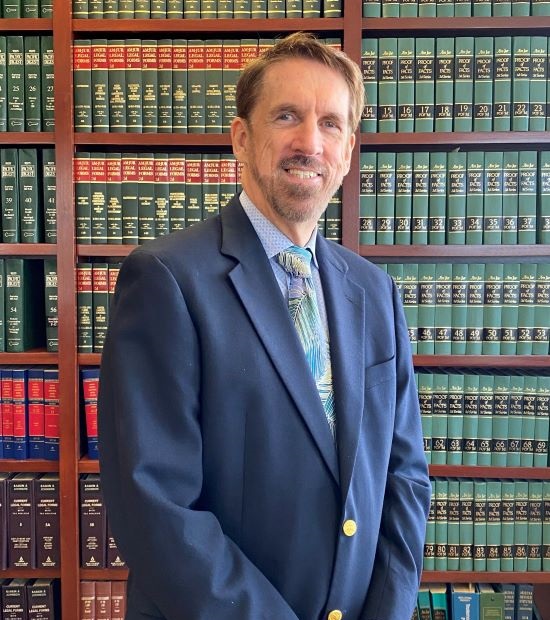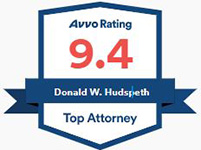- BUSINESS LAW
- Business Law
- Starting a Business in Arizona
- Reasons to Start Your Own Business
- Small Business
- Organizational Engineering
- Arizona C-Corporations & S-Corporations
- Form an LLC in Arizona
- Corporation Shareholder & LLC Operating Agreements
- Partnerships in Arizona
- Buying or Selling a Business in Arizona
- Arizona Representation for Out-of-State Businesses
- CONTRACTS & TRANSACTIONS
- Mergers & Acquisitions
- Commercial Leases
- Construction Law
- Construction Contract Issues
- Church Law
- Entertainment Law
- Health Care Law
- Internet Law
- International Business Law
- Medical Practice
- COMMERCIAL LITIGATION
- Commercial Litigation
- Alternative Dispute Resolution
- Aviation Contract & Lien Disputes
- Appellate Practice
- Breach of Fiduciary Duties
- Breach of Sales, Service & Supply Agreements
- Business Disparagement & Defamation
- Business Purchase Dispute Litigation
- Business Torts
- Federal Court Litigation
- Franchising Litigation
- Fraud & Misrepresentation
- Tortious Interference
- Construction Litigation
- BUSINESS SUCCESSION
- Business Divorce & Disputes
- Dissolutions & Partnership Disputes
- Shareholder Derivative Suits
- Division of Business Assets
- Buy-Sell Agreements
- Protection of Personal Assets
- Asset & Liability Protection
- Asset Protection Trusts
- Wills & Healthcare Directives
- WHITE COLLAR CRIME & REGULATORY
- White-Collar Criminal Defense
- Regulatory Compliance and Enforcement
- Internal Investigations
- INTELLECTUAL PROPERTY
- Intellectual Property
- Copyright Law
- Cybersecurity & Data Breach Laws
- Intellectual Property Infringement
- Trademark Law
- Trade Secrets and Proprietary Information
- EMPLOYMENT AGREEMENTS & ISSUES
- Employment Agreements & Issues
- Breach of Non-Compete Agreements
- Employment & Labor
- Restrictive Covenants
Search Site
Ask about offsite General Counsel services Appointments 365 – 7 days a week
866-696-2033
Just one fact can change a case outcome, a business and a life. When I was a law student I loved learning the law and the rationale underlying various principles of law. But when I became a lawyer and started practicing I was told that “judges turn to the facts first when they read a brief,” “cases are won or lost on the facts,” and, generally, that “facts matter.” It is not that I doubted that facts matter; I just had a bias towards “learning the law.” It took me a while to realize that “facts rule” in the sense that one fact can change the outcome of the case, and in so doing change the lives of the litigants, including my business clients.
This point was made dramatically in the case of Faverty v. McDonald’s Restaurants of Oregon, Inc. 892 P.2d 703 (App. Or. 1995). 1 In that case McDonald’s was sued because its employee, Matt Theurer, who was tired from working triple overtime, fell asleep, crossed a dividing line into oncoming traffic and caused an accident in which Mr. Theurer died and Frederic Faverty, the plaintiff, was seriously injured.
McDonald’s defended saying, in effect: It was Matt Theurer’s employer, and as such had limited duties to him. Those duties did not include the duty, or even the right, to question Mr. Theurer about his personal life. McDonald’s argued: Employers can’t be the ‘parents’ of their workers. Employers do not have sufficient knowledge, and it is not their place to be that involved in their workers’ personal matters. Moreover, workers resent that intrusiveness. They don’t like it when employers are ‘paternalistic.’ Given that it has no right, and the employee would not want, McDonald’s as an employer to assume a “parenting role,” McDonald’s could and should not be liable for the employee’s decision to work (what turned out to be but McDonald’s had no way of knowing) excessive hours.
Moreover, nobody made Matt Theurer work overtime. He volunteered (after being asked) and did not ask to be excused. In a free society he had the right to make his own decision. Overall, holding the employer accountable for the decisions made by its employees, the effects of which do not occur at work, and which may have many and other substantial causes, would be just unfair and bad public policy.
But, McDonald’s lost the case. How can that be? The answer is that the employee in question was a minor; thus, greater monitoring and care was required. This one fact changed the outcome in the face of compelling practical and public policy arguments to the contrary.
In another case, handled by the firm, in a lawsuit for liability for allegedly defective swimming pool construction cement, the client first revealed and the opposing party acknowledged in deposition, that the parties did not settle because they thought they could work together to shift the cost to the insurance company. This fact changed the posture of the case from a product, construction dispute between the parties to one of insurance fraud by the parties. Fortunately, the case settled and we were able to obtain some relief for our client. But this one fact could have vitiated the construction case, caused the loss of insurance coverage, and resulted in a lawsuit against the parties (by the insurance company). It would have been much better for the attorneys to have known this fact much earlier in the case. The case may not have been brought or the strategy changed, at least as to the insurance company.
We often ask our clients for a chronology of the facts. Creating a timeline is an excellent way to transfer, and not forget, vital information. The firm spends considerable time in “case work up” and advises the client that cases are “front-end loaded” in work and costs as the firm learns the facts, applies the law and develops the case. This additional work upfront helps prevent “just one fact” from changing the case entirely because we will know and incorporate that fact into our initial case work up. Knowing the case completely also allows us to come from “knowledge and power” all through the case because we can quickly reject false statements and the arguments that flow from them. It also helps us avoid “stepping our foot in it” by making arguments based on an incorrect statement of the facts. There are few facts so negative that they cannot be handled, with decent arguments made, if known in advance.
Working up the facts can seem to the client a little like hiring the accountant to do your taxes then being asked for all your records for the past five years. But facts are the clay and the law is the mortar of legal argument. The better and more complete they are, the better the case. Over the years I have developed a healthy respect for the facts. Perhaps they are less glamorous than “the law,” but the legal job can’t be done without them.
1 This case was in the textbook I used when I taught business law at ASU: Marianne M. Jennings, Business Its Legal, Ethical and global Environment, 718 (7th ed. 2006)
Our firm now offers a scholarship program for ASU first and second year law students.
The scholarship is awarded to students for academic merit with an interest in business and business law. Candidates may have majored in fields other than business, have taken a break between college and law school, or have had exceptional life experiences.
Read MorePay your bills online
Use our easy-to-use and secure online payment feature to pay your bill. We accept all major credit cards.

Contact us




















